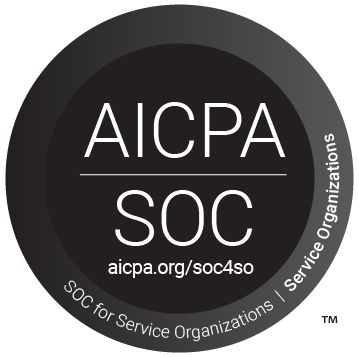Unsurprisingly, AI is also the fastest growing section of patent requests in the world, with universities and tech giants accounting for the largest percentage of patent applications and patents being granted. However, smaller tech companies like Trust Science are also researching and developing new, useful AI related inventions that help industry (specifically lenders) move forward.
What do you have to do to get a patent?
As with any other invention, to get a patent for AI, the AI has to be novel (patent lawyer preferred wording for a new idea), useful, and non-obvious, and it has to be applied enough in a specific area that you can demonstrate how it works.
For Example:
Trust Science has created AI specific to identity matching and entity resolution for gathering data in ‘the wild’.
What does that mean in layman’s terms?
Our team has created a way to match John Smith from San Francisco’s loan application, to unstructured data sources – think publicly available data.
Why are patents important when it comes to AI, Credit Scoring & Credit Underwriting?
Trust Science is disrupting traditional credit scoring, and to do so, we have to continually evolve and be actively involved in research and development.
We view our patents as an important component of keeping our team looking towards the future, and being thought leaders in credit scoring, credit underwriting and AI. It also (selfishly) provides credibility that we are approaching the problem of non-determinate traditional credit scoring and credit underwriting with a fresh, innovative perspective that not only holds water in legal circles but also in driving results for our customers.
As of May 2019, Trust Science surpassed 30 patents in six countries, and we have more coming.






